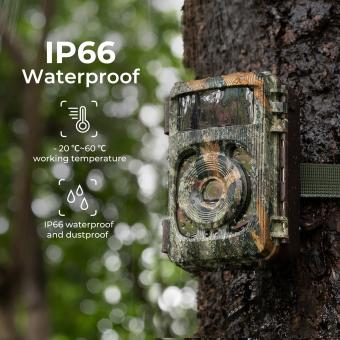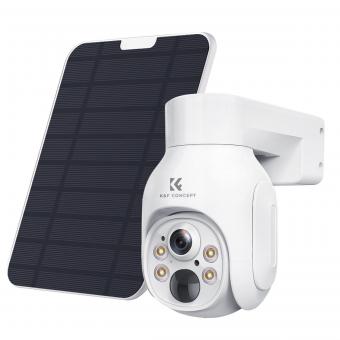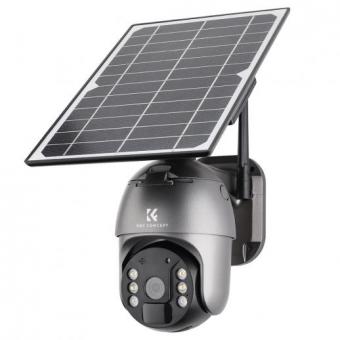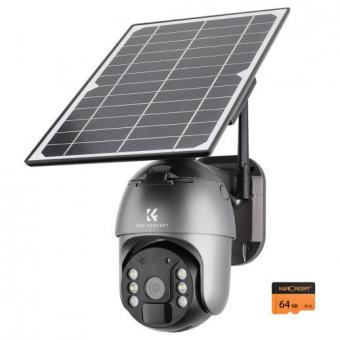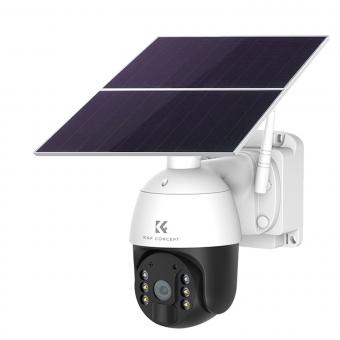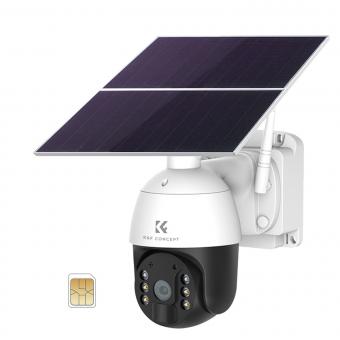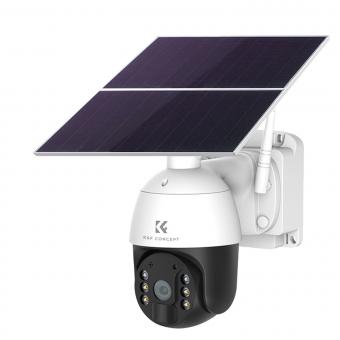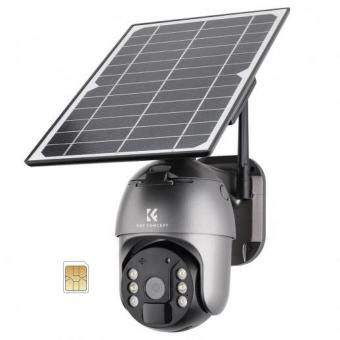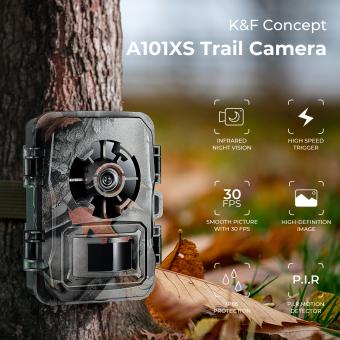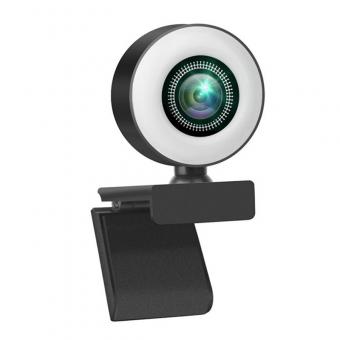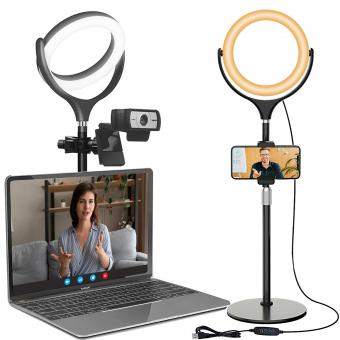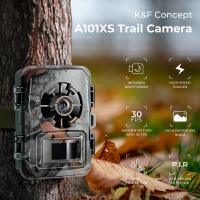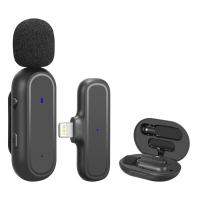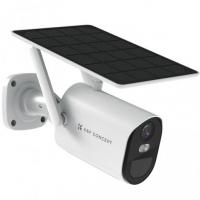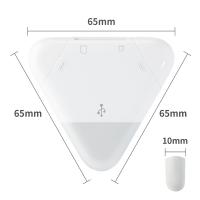How Do 4g Security Cameras Work?
In the age of smart technology, security systems have evolved significantly, and 4G security cameras are a prime example of this advancement. These cameras offer a blend of mobility, flexibility, and advanced features that make them an attractive option for both residential and commercial security needs. Understanding how 4G security cameras work can help you make an informed decision about whether they are the right choice for your security requirements.
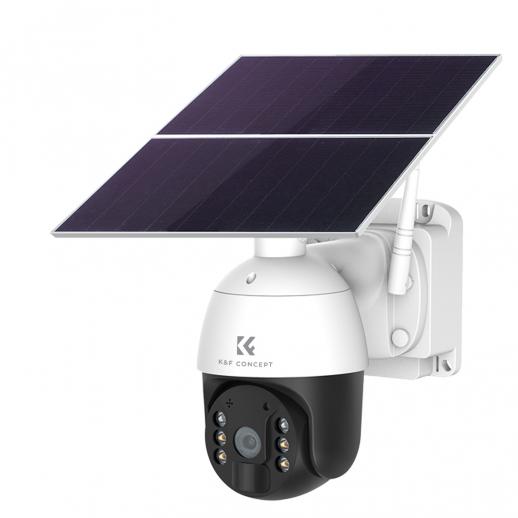
What Are 4G Security Cameras?
4G security cameras are surveillance devices that use 4G LTE networks to transmit video and audio data. Unlike traditional security cameras that rely on Wi-Fi or wired connections, 4G cameras can operate independently of local internet infrastructure. This makes them ideal for remote locations, construction sites, and areas where Wi-Fi coverage is unreliable or unavailable.
Components of 4G Security Cameras
To understand how 4G security cameras work, it's essential to know their key components:
1. Camera Lens and Sensor: These capture the video footage. The quality of the lens and sensor determines the resolution and clarity of the video.
2. 4G LTE Module: This module connects the camera to the 4G network, enabling data transmission.
3. SIM Card: Similar to a mobile phone, the camera uses a SIM card to access the 4G network.
4. Battery or Power Source: Many 4G cameras are battery-operated, although some can be connected to a power source.
5. Storage: This can be local (SD card) or cloud-based, depending on the camera's features.
6. Software and Apps: These allow users to monitor the camera feed in real-time, receive alerts, and manage settings.
How Do 4G Security Cameras Work?
1. Data Transmission
The core functionality of 4G security cameras revolves around their ability to transmit data over 4G LTE networks. When the camera captures video footage, it compresses the data and sends it through the 4G module. The SIM card facilitates this transmission by connecting to the nearest cell tower, much like a smartphone.
2. Remote Monitoring
One of the standout features of 4G security cameras is remote monitoring. Users can access the camera feed from anywhere in the world using a smartphone, tablet, or computer. This is made possible through dedicated apps or web interfaces provided by the camera manufacturer. The real-time feed allows users to keep an eye on their property, receive motion alerts, and even communicate through two-way audio if the camera supports it.
3. Motion Detection and Alerts
Most 4G security cameras come equipped with motion detection capabilities. When the camera detects movement, it can trigger an alert that is sent to the user's device. This feature is crucial for security purposes, as it allows for immediate action in case of suspicious activity. Some advanced models also offer customizable detection zones and sensitivity settings to reduce false alarms.
4. Storage Options
Storage is another critical aspect of 4G security cameras. Users can choose between local storage (using an SD card) and cloud storage. Local storage is limited by the capacity of the SD card, while cloud storage offers more flexibility and accessibility. Cloud storage usually comes with a subscription fee but provides the advantage of accessing footage from anywhere and having a backup in case the camera is tampered with or stolen.
5. Power Management
Power management is a significant consideration for 4G security cameras, especially those installed in remote locations. Many models are battery-operated, offering the convenience of wireless installation. Some cameras come with rechargeable batteries, while others use replaceable ones. Solar-powered options are also available, providing a sustainable and maintenance-free power solution.
Advantages of 4G Security Cameras
1. Flexibility and Mobility
The primary advantage of 4G security cameras is their flexibility. They can be installed virtually anywhere, regardless of the availability of Wi-Fi or wired internet. This makes them ideal for temporary setups, construction sites, and rural areas.
2. Easy Installation
Without the need for complex wiring or network setup, 4G security cameras are relatively easy to install. This can save time and reduce installation costs, making them a cost-effective solution for many users.
3. Remote Access
The ability to monitor the camera feed remotely is a significant benefit. Whether you're on vacation or at work, you can keep an eye on your property and receive real-time alerts if something unusual happens.
4. Enhanced Security
With features like motion detection, real-time alerts, and two-way audio, 4G security cameras offer enhanced security capabilities. They can act as a deterrent to potential intruders and provide valuable evidence in case of an incident.
Challenges and Considerations
1. Data Usage and Costs
One of the main challenges of 4G security cameras is data usage. Streaming video over a 4G network can consume a significant amount of data, leading to high costs if you don't have an unlimited data plan. It's essential to consider the data requirements and choose a suitable plan to avoid unexpected expenses.
2. Network Coverage
While 4G networks are widely available, there are still areas with limited or no coverage. Before investing in a 4G security camera, it's crucial to check the network coverage in the intended installation area to ensure reliable performance.
3. Battery Life
For battery-operated 4G security cameras, battery life is a critical factor. Frequent charging or battery replacement can be inconvenient, especially for cameras installed in hard-to-reach locations. Opting for models with long battery life or solar-powered options can mitigate this issue.
4. Security Concerns
As with any connected device, 4G security cameras are vulnerable to hacking and cyber threats. It's essential to choose cameras from reputable manufacturers that offer robust security features, such as encryption and regular firmware updates, to protect your data and privacy.
4G security cameras represent a significant advancement in surveillance technology, offering unparalleled flexibility, mobility, and remote monitoring capabilities. They are an excellent choice for various applications, from securing remote locations to providing temporary surveillance solutions. However, it's essential to consider factors like data usage, network coverage, and battery life to ensure they meet your specific needs.
By understanding how 4G security cameras work and their advantages and challenges, you can make an informed decision and enhance the security of your property effectively. Whether you're a homeowner, business owner, or security professional, 4G security cameras can provide the peace of mind and protection you need in today's connected world.


